Saudi royals turn on crown prince
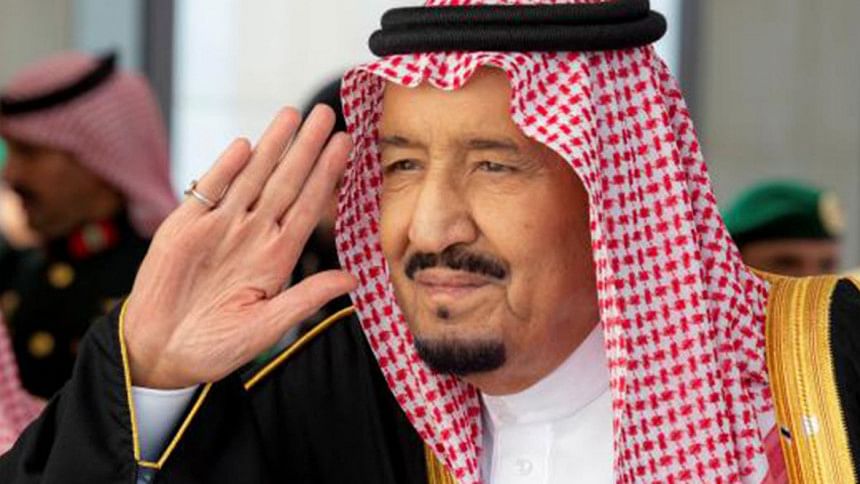
Amid international uproar over the killing of journalist Jamal Khashoggi, some members of Saudi Arabia's ruling family are agitating to prevent Crown Prince Mohammed bin Salman from becoming king, three sources close to the royal court said.
Dozens of princes and cousins from powerful branches of the Al Saud family want to see a change in the line of succession but would not act while King Salman - the crown prince's 82-year-old father - is still alive, the sources said. They recognise that the king is unlikely to turn against his favourite son, known in the West as MbS.
Rather, they are discussing the possibility with other family members that after the king's death, Prince Ahmed bin Abdulaziz, 76, a younger full brother of King Salman and uncle of the crown prince, could take the throne, according to the sources.
Prince Ahmed, King Salman's only surviving full brother, would have the support of family members, the security apparatus and some Western powers, one of the Saudi sources said.
Prince Ahmed returned to Riyadh in October after 2-1/2 months abroad. During the trip, he appeared to criticise the Saudi leadership while responding to protesters outside a London residence chanting for the downfall of the Al Saud dynasty.
He was one of only three people on the Allegiance Council, made up of the ruling family's senior members, who opposed MbS becoming crown prince in 2017, two Saudi sources said at the time.
Neither Prince Ahmed nor his representatives could be reached for comment. Officials in Riyadh did not immediately respond to requests from Reuters for comment on succession issues.
The House of Saud is made up of hundreds of princes. Unlike typical European monarchies, there is no automatic succession from father to eldest son. Instead the kingdom's tribal traditions dictate that the king and senior family members from each branch select the heir they consider fittest to lead.
Senior US officials have indicated to Saudi advisers in recent weeks that they would support Prince Ahmed, who was deputy interior minister for nearly 40 years, as a potential successor, according to Saudi sources with direct knowledge of the consultations.
These Saudi sources said they were confident that Prince Ahmed would not change or reverse any of the social or economic reforms enacted by MbS, would honour existing military procurement contracts and would restore the unity of the family.
One senior US official said the White House is in no hurry to distance itself from the crown prince despite pressure from lawmakers and the CIA's assessment that MbS ordered Khashoggi's murder, though that could change once Trump gets a definitive report on the killing from the intelligence community.
The official also said the White House saw it as noteworthy that King Salman seemed to stand by his son in a speech in Riyadh on Monday and made no direct reference to Khashoggi's killing, except to praise the Saudi public prosecutor.
President Donald Trump on Saturday called the CIA assessment that MbS ordered Khashoggi's killing "very premature" but "possible", and said he would receive a complete report on the case soon. A White House official referred Reuters to those comments and had "nothing else to add at this time".
The Saudi sources said US officials had cooled on MbS not only because of his suspected role in the murder of Khashoggi. They are also rankled because the crown prince recently urged the Saudi defence ministry to explore alternative weapons supplies from Russia, the sources said.
In a letter dated May 15, seen by Reuters, the crown prince requested that the defence ministry "focus on purchasing weapon systems and equipment in the most pressing fields" and get training on them, including the Russian S-400 surface-to-air missile system.
Neither the Russian defence ministry nor officials in Riyadh immediately responded to Reuters requests for comment.

 For all latest news, follow The Daily Star's Google News channel.
For all latest news, follow The Daily Star's Google News channel. 

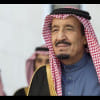
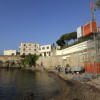

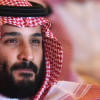
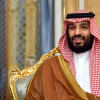


Comments